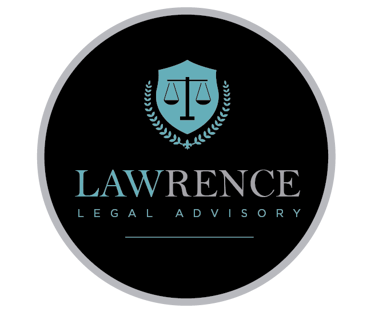Bankruptcy
Chapter 7 Bankruptcy
There are numerous reasons why you may consider filing for Chapter 7 bankruptcy. Unemployment, medical expenses, mounting credit card debt, divorce – these are all common issues facing Americans. These and other unexpected events can uproot your financial stability and leave you facing what seems like an impossible battle for financial freedom.
First, you should know that you are not alone. Millions of Americans face financial hardship and consider bankruptcy and other options for debt relief. Second, you should know that there are options that can help you regain your financial security and build a more secure future, including rebuilding your credit report.
Bankruptcy is a financial and legal tool that can help you manage debt and get your finances back on track. If you are considering your options for filing bankruptcy, it is important to work with a legal team that knows how bankruptcies work in Texas, and how best to secure a favorable outcome.
What is Chapter 7 Bankruptcy?
Chapter 7 bankruptcy is a common form of bankruptcy for individuals and families. It is called a straight or liquidation bankruptcy. If you have income but are too far behind on your bills or debt payments, Chapter 7 bankruptcy can help you reset and get help managing your debts.
When you file for bankruptcy, the court puts an automatic stay on your debts. That means creditors and lawrence collectors have to immediately stop their attempts to collect debts. A bankruptcy Trustee will be assigned to your case. You and your bankruptcy attorney will work with the bankruptcy Trustee throughout the process of resolving your debt.
During a Chapter 7 bankruptcy, you may sell certain property or assets (nonexempt property) to repay creditors. Exempt property cannot be taken or sold. Once all applicable payments are made, any remaining debt at the end of the bankruptcy process will be discharged. You should know, however, that some debts cannot be discharged, such as student loans, alimony, child support, and some tax debts.
There is Help and Hope
If you are facing financial hardship and are unsure of what to do next, contact Lawrence Legal Advisory. Our bankruptcy attorneys understand the difficult situation you find yourself in. Our team offers compassion and support as you consider your options. For many people, Chapter 7 bankruptcy is the best option to restructure debt and find relief.
With Lawrence Legal Advisory, you do not have to manage the bankruptcy process alone. We can help you determine if bankruptcy is right for you. If so, we will work beside you every step of the way to ensure your legal rights are protected.
Don’t wait to get the financial and legal help you need!
Understanding Chapter 7 Bankruptcy
Chapter 7 bankruptcy is a personal bankruptcy that allows you to discharge unsecured debts and reaffirm certain secured debts. The difference between unsecured and secured debt is as follows:
Unsecured Debt: Debt resulting from credit cards, hospital bills, lawsuit judgments, or loans.
Secured Debt: Debt resulting from a home mortgage, vehicle loan or other assets
With Chapter 7, you may not have to sell your assets in order to pay your creditors. Texas law has liberal exemption policies that often allows claimants to keep their property and reach a suitable arrangement for paying or discharging debt.
Do I Qualify for Chapter 7 Bankruptcy?
Most people who ask this question are experiencing financial hardship, such as:
Owing significant medical bills
Being overextended or “maxed out” on credit cards
Facing abusive or harassing collection notices or calls
Lacking enough income to cover monthly expenses
Have a low credit score
Have tax debt
Have repossessed vehicles or foreclosed property
LAWRENCE LEGAL ADVISORY
© 2011. All rigths reserved.
Address
201 North St. Paul Street, Dallas, TX 75201
Phone Number
(737) 301 - 4957
contact@lawrencelegaladvisory.com


